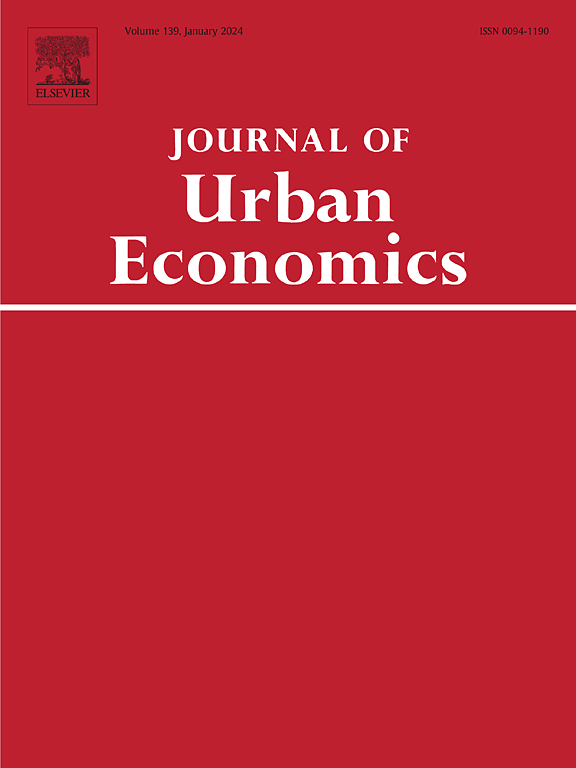The effects of macroprudential policy restricting housing investor credit supply
IF 4.8
1区 经济学
Q1 ECONOMICS
引用次数: 0
Abstract
We study the effects on the housing market of two macroprudential policies in Australia restricting credit supply to residential housing investors. The first policy placed a bank-level cap on mortgage credit growth to investors. The second policy placed a bank-level cap on interest-only lending, which is predominantly used by investors. Both policies caused a large and sharp reduction in new investor lending relative to new owner-occupier lending. Using unit-record data on property sales and listings, we show that the restrictions on investor lending reduced the share of properties purchased by investors and reduced the relative price of properties in investor segments of the market. Our results demonstrate the potential efficacy of macroprudential policy restricting credit supply to investors.
宏观审慎政策限制住房投资者信贷供给的效果
本文研究了澳大利亚两项限制住房投资者信贷供应的宏观审慎政策对住房市场的影响。第一项政策规定了银行层面对投资者抵押贷款增长的上限。第二项政策对银行层面的只付息贷款设置了上限,这种贷款主要由投资者使用。这两项政策都导致新的投资者贷款相对于新的自住业主贷款大幅减少。利用房产销售和上市的单位记录数据,我们表明,对投资者贷款的限制减少了投资者购买房产的份额,并降低了市场投资者部分房产的相对价格。我们的研究结果证明了限制投资者信贷供应的宏观审慎政策的潜在功效。
本文章由计算机程序翻译,如有差异,请以英文原文为准。
求助全文
约1分钟内获得全文
求助全文
来源期刊

Journal of Urban Economics
Multiple-
CiteScore
10.60
自引率
4.80%
发文量
64
期刊介绍:
The Journal of Urban Economics provides a focal point for the publication of research papers in the rapidly expanding field of urban economics. It publishes papers of great scholarly merit on a wide range of topics and employing a wide range of approaches to urban economics. The Journal welcomes papers that are theoretical or empirical, positive or normative. Although the Journal is not intended to be multidisciplinary, papers by noneconomists are welcome if they are of interest to economists. Brief Notes are also published if they lie within the purview of the Journal and if they contain new information, comment on published work, or new theoretical suggestions.
 求助内容:
求助内容: 应助结果提醒方式:
应助结果提醒方式:


